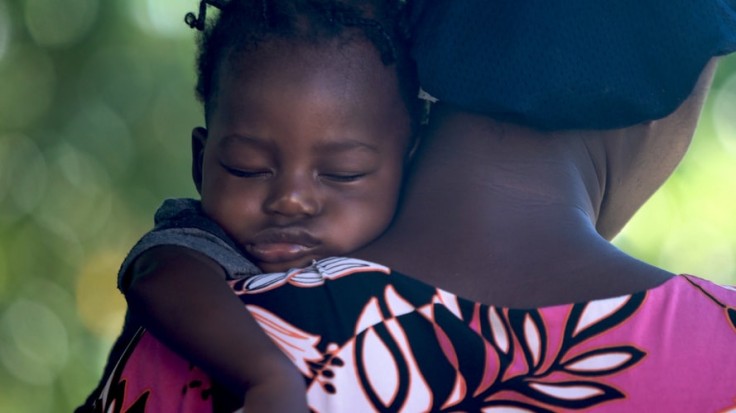
New research at the Brigham and Women's Hospital studied baby sleep problems. The study observed the sleeping patterns of infants of different races and families of various socioeconomic backgrounds.
The results found that sleep disparities are evident from an early stage, Science Daily reported. The study included one and six-month old infants. The study followed through the sleep-wake patterns of the infants in a 24-hour period.
Background of the study
Prior to conducting the study, the researchers were well aware of the disparities in sleep due to socioeconomic backgrounds. Children and adults of higher socioeconomic status experienced longer sleep than those of lower socioeconomic status. White individuals also had better sleep.
The study aimed to determine at what period or stage in life these sleep disparities emerged. Through the study, it was revealed that the sleep differences are experienced very early on in life.
Sleep diaries and actigraphs placed on the infants' ankles were utilized for the study. 306 infants participated with a significant portion (almost 50 percent) being non-Hispanic white. The other half of the participants included Hispanic, Asian, and Black ethnicity.
Which Babies Slept Longer?
According to the study, Black and Hispanic infants took longer to decrease their daytime sleep duration. Between 1 and 6 months of age, night time sleep duration should increase by at least an hour. Yet, black and Hispanic infants increased their night sleep less compared to white infants.
Further, babies whose mothers had lower education and a lower household income also slept less at night. Asian babies also tend to wake up frequently at night compared to all the other racial categories.
Limitations of the Study
As only 7.5 percent of the babies who participated in the study were of Black race, the accuracy of the assessment remains up for debate. There were also only a little over 17 percent Asian infants in the study.
The researchers aimed to study other factors that can lead to the sleep disparities. These include maternal stress, parenting styles, as well as cues from the environment.
Parenting Behaviors Affect Children's Sleep
In a study on the sleep behaviors of preschool-aged children, results revealed that parent behaviors towards bedtime routine had an impact on the child's sleep. These included cultural practices as well as parent-directed intervention.
Parental behaviors rather than socioeconomic variables affected sleep differences more. Studies revealed that Hispanic infants had later bedtimes and less strict sleep routines than White infants.
Sleep Deficiencies in Adulthood
A National Sleep Foundation survey revealed that Black respondents had less sleep than other ethnic groups. In particular, weekdays were the most stressful for them. Sleep apnea is also believed to be more common and severe among Black young adults, Sleep Foundation reported.
Hispanic and Latino people were next in line for those who reported short and low-quality sleep. Factors like physical and emotional stress, occupational hazards, irregular and night shift work, financial stress, neighborhood, and racial discrimination are said to contribute to the sleep deficiency among these races.